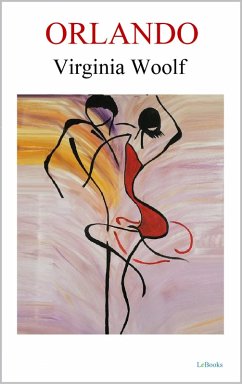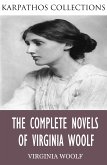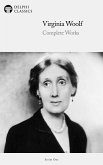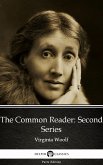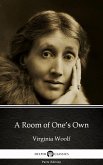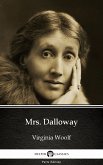Adeline Virginia Woolf (1882 - 1941) is considered one of the most important modernist 20th-century authors and a pioneer in the use of stream of consciousness as a narrative device and for a demonstration of the sheer vitality of Virginia Woolf's writing, Orlando is unsurpassed. The novel is a provocative exploration of gender and history, as well as of the nature of biography itself; perhaps surprisingly, given these highly intellectual concerns, it was highly popular when first published. Following Orlando over a 400-year life full of adventure, love, and a shift in gender, the character was apparently based on Woolf's lover, Vita Sackville-West. In the court of Elizabeth I, Orlando is a dazzlingly handsome sixteen-year-old nobleman. There follows a frost fair on the Thames, at which a love affair with a Russian princess begins, only to end in heartache. Later Orlando is sent by Charles II as ambassador to the Ottoman court in Constantinople, where he becomes a woman, before returning to England to reside in the company of Pope and Dryden. A marriage in the nineteenth century leads to a son and a career as a writer, and the story ends in 1928, as Woolf's text was published. This extraordinary tale is augmented by a series of writerly flourishes, questioning our conception of history, of gender, and of biographical "truth." If these are constructs, then who constructs them? What do they mean for individuals living and telling their lives? Woolf uses a series of devices to facilitate this kind of speculation: clothes are prominent, as is their role in shaping perceptions of gender; the narrative voice, too, is brilliantly conscious of itself, and of us as readers. It is a remarkable text
Dieser Download kann aus rechtlichen Gründen nur mit Rechnungsadresse in A, B, BG, CY, CZ, D, DK, EW, E, FIN, F, GR, H, IRL, I, LT, L, LR, M, NL, PL, P, R, S, SLO, SK ausgeliefert werden.
Hinweis: Dieser Artikel kann nur an eine deutsche Lieferadresse ausgeliefert werden.

